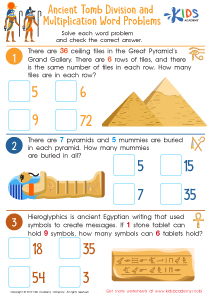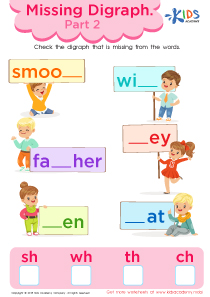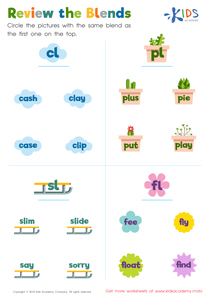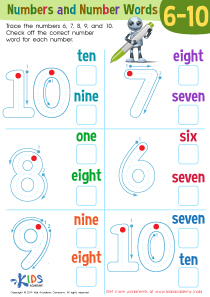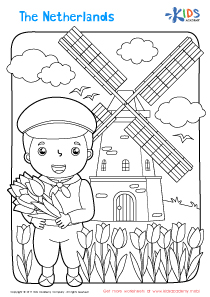English Language Arts Lessons | Conventions of Writing for Ages 6-7
26 results
Introducing our engaging Conventions of Writing for Ages 6-7 course, meticulously crafted to captivate young minds! This course features a vibrant mix of interactive worksheets, educational videos, and assessment quizzes, all designed to make learning fun and effective. Children will explore the foundational elements of writing, including grammar, punctuation, and spelling, through playful activities tailored just for their age group. Perfect for budding writers, our lessons promise to build confidence and ignite a passion for writing. Join us on this exciting journey to master the conventions of writing, where every lesson is an adventure in creativity and learning!
In the vibrant world of early childhood education, mastering the Conventions of Writing for Ages 6-7 stands as a cornerstone in nurturing young minds and equipping them with the essential tools for academic success. As children step into the foundational years of their educational journey, developing a strong grasp on writing conventions becomes not just beneficial but necessary. Our meticulously designed lessons, encompassing interactive worksheets, educational videos, and assessment quizzes, offer a comprehensive pathway for children in this critical age bracket to flourish in their studies.
The Conventions of Writing for Ages 6-7 are crucial elements that encompass spelling, punctuation, grammar, and the overall structure of writing. At ages 6 to 7, children are at a pivotal stage where they transition from recognizing words and sentences to creating their own written expressions. It's a time when their curiosity peaks, and their capacity to learn and adapt is immense. Our lessons are crafted to harness this potential through engaging and age-appropriate content that makes learning not just effective but enjoyable.
Interactive worksheets form the backbone of our approach. These worksheets are not your average drill exercises. They are thoughtfully designed to stimulate the young learner's mind, encouraging them to explore the conventions of writing through activities that feel more like play than work. Whether it's through filling in blanks, matching exercises, or sentence construction tasks, children learn to recognize correct spelling, understand punctuation marks, and grasp basic grammar rules. The interactive element ensures that learning is hands-on, keeping the child engaged and motivated.
Supplementing our worksheets, educational videos bring concepts to life. Children of this age are incredibly responsive to visual and auditory stimuli, making videos an excellent tool for reinforcing concepts learned through the worksheets. These videos break down the conventions of writing into digestible pieces, narrated in a child-friendly tone with vibrant animations and relatable examples. This multimodal approach caters to different learning styles, ensuring that every child finds a comfortable path to understanding and applying the conventions of writing in their work.
Assessment quizzes play a pivotal role in cementing the knowledge gained through worksheets and videos. These quizzes are designed to be low-stakes and confidence-boosting, providing immediate feedback that encourages self-improvement. They serve as a gauge for both the child and the educator or parent on the progress made, highlighting areas of strength and those requiring further attention. Through these quizzes, children learn to review their work, an invaluable skill in their academic career and beyond.
Our lessons on the Conventions of Writing for Ages 6-7 serve as a scaffold for children, supporting them as they climb higher in their educational journey. By grounding them in the fundamentals of writing, we open doors to enhanced communication skills, boosted confidence, and a deeper appreciation for the written word. These lessons are not just about learning to write; they are about setting a solid foundation for lifelong learning and success. In a world increasingly dominated by written communication, ensuring children are proficient in writing conventions from an early age is not just beneficial—it's essential.
